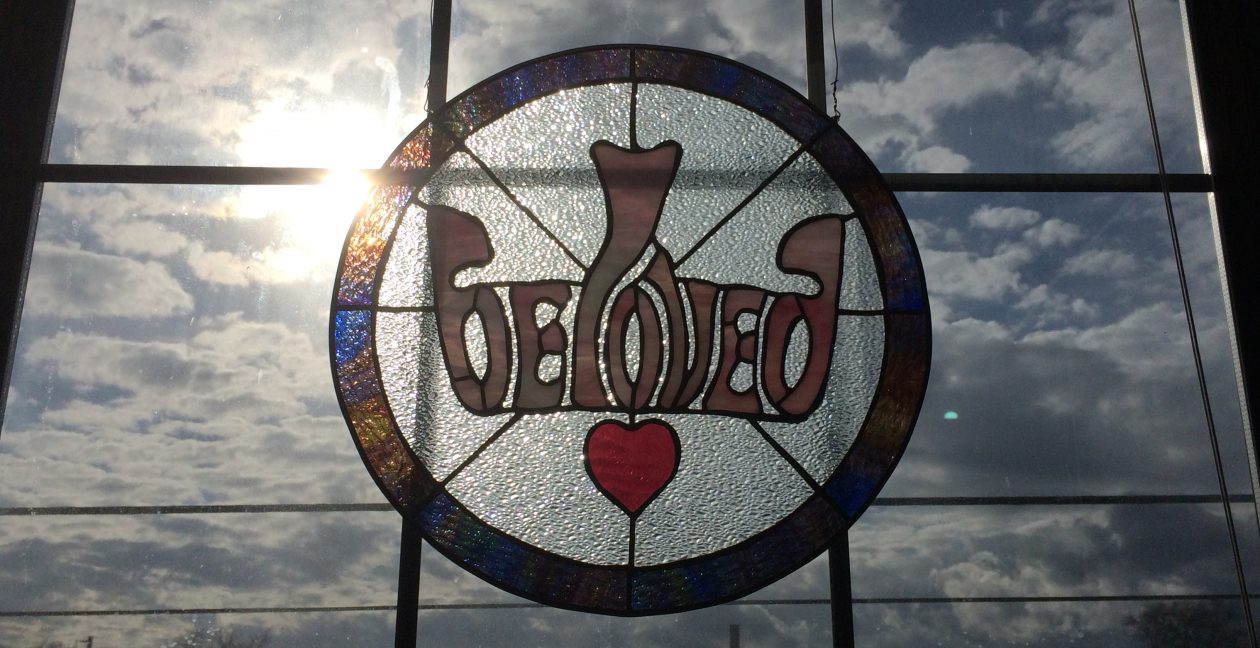“I Recommend Jesus” (part 4)
“O taste and see that the Lord is good; happy are those who take refuge in him.”
-Psalm 34:8 NRSV
It’s only a recommendation: Finally, in verse 8, after all of his boasting, David makes his recommendation. “O taste and see that the Lord is good; happy are those who take refuge in him.” Returning to my earlier definition of “recommend,” let me paraphrase his thought. He is saying that to try the Lord is advisable and expedient. He’s saying that to choose the Lord in times of crisis is appropriate and beneficial. He is saying that the Lord is worthy of your confidence and acceptance.
However, as is true with all recommendations, this recommendation carries with it the option of rejection. The one to whom a recommendation is made is not obligated to accept or receive the recommendation. In other words, each of us must choose to try the Lord for ourselves. We as humans are good about making contingency plans. We like to have a backup plan whether it’s a man or woman, a bank account, a hustle, or some other device that will come through when things are not going according to our plan. So, instead of trying the Lord, we turn to the resources we have cultivated to help us out in a pinch. Or if what the Lord has spoken to us isn’t working as quickly or as well as we would like, we have someone to turn to who will save the day, running to them while all the time, the Lord is saying, “Try me, and let me prove myself to you!” David said, “Taste and see (for yourself) that the Lord is GOOD!”
I thought of a phrase that I often repeated to the members of a music class that I taught: COMMIT TO THE BEAT! They were required to take an assigned tune and sing it with the correct pitches, rhythm, and syllables. But on many occasions, some of them would start and stop and start and stop and start and stop while they tried to figure out what the note or syllable should have been! But in doing so, they had already defeated the purpose of the exercise because the rhythm was already broken, disturbed, and distorted. My insistence was therefore that they needed to COMMIT TO THE BEAT. In other words, they needed to make a decision to push on through those difficult, shaky spots, and keep moving on to the end instead of interrupting the process.
Maybe, the same is true of us today. We get to a rough, shaky spot, and instead of braving it out, trusting in the Lord to see us through, we balk. We stop and try to fix it or go back to the beginning and stop and start and stop and start, never making our way through the danger, the threat, the problem. And each time we do so-relying on our limited resources-we may be interrupting the Lord’s process of showing us who is on our side, of teaching us to trust, and of proving to us that the Lord alone is worthy of our “confidence, acceptance, and use!”
“I Recommend Jesus” (conclusion)
“O taste and see that the Lord is good; happy are those who take refuge in him.”
-Psalm 34:8 NRSV
Will you try the Lord today? In the midst of this Season of Lent, the Lordcontinues to urge us to really try the Lord today, to taste and see that the Lord is good. And Jesus says to us, that if we will try him, we won’t go away dissatisfied, hungry, or empty “for those who fear him have no want [no lack]. The young lions suffer want and hunger, but those who seek the Lord lack no good thing” [Psalm 34:9-10].
Yet, each of us has to decide to “commit to the beat,” to commit to the course and endure the process so we can see how good the Lord truly is. It’s only when we decide to throw our entire weight upon the Lord and trust the Lord to carry us that we’ll begin to know the Lord in all of the Lord’s sweetness.
If you will try the Lord in the midst of your crisis (and better yet, your everyday living), you can find out for yourself that Jesus is still able to save and deliver.
Jesus is the friend who sticks closer than a brother.
Jesus is the one who empowers us to make a difference in our communities.
Jesus is the one who weeps with us is our sorrow.
Jesus is the one who offers us opportunities for resurrection.
To borrow from another advertising slogan, when it comes to Jesus, our Lord,
“You’ve got the right one, baby!”
“I recommend Jesus for he’s that kind of friend.”
-Dollie Howell Pankey
